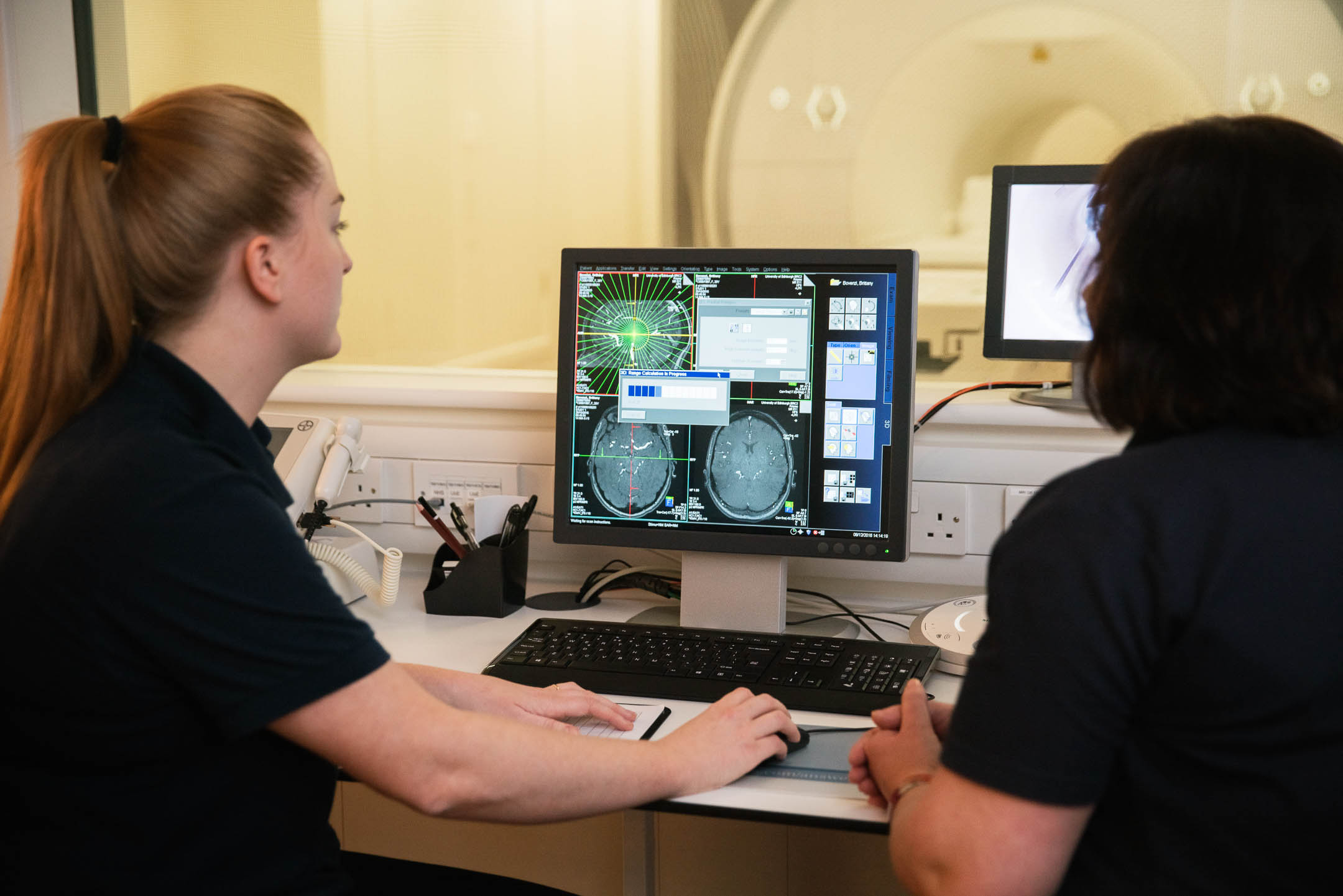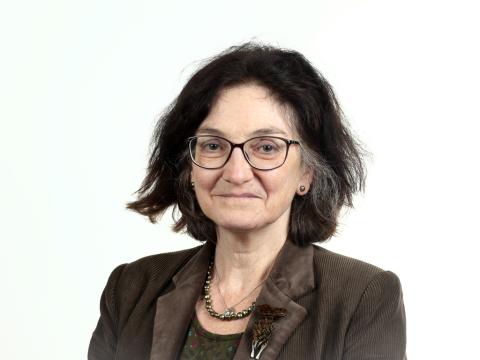Biography
Prof Joanna Wardlaw, CBE, MB ChB (Hons), MD, FRCR, FRCP, FMedSci, FRSE, is Professor of Applied Neuroimaging at the University of Edinburgh, Foundation Chair of the UK DRI at Edinburgh, Director of the Row Fogo Centre for Research into Ageing and the Brain, and Consultant Neuroradiologist for NHS Lothian. Her work focuses on understanding the brain and its blood supply, and treatments to improve blood flow to the brain, including thrombolytic drugs that are now in routine use to treat stroke, and more recently treatments for small vessel disease and vascular dementia. Working with many colleagues, she has been instrumental in advancing understanding of the causes of cerebral small vessel disease and is now testing treatments in clinical trials. She has set up national research imaging facilities, co-ordinated international research networks, advanced stroke care worldwide and published over 1000 papers. A Fellow of the Royal Society of Edinburgh and the UK Academy of Medical Sciences, she has received awards from many UK and international brain and heart organisations, and was made a Commander of the Order of the British Empire (CBE) for services to Medicine and Neuroscience in 2016.
Wardlaw lab
Explore the work of the Wardlaw lab focused on understanding how small vessel disease damages the brain and what we can do to prevent and treat it.

